
Dr. Benedikt Franke Vice-President and CEO of the Munich Security Conference during the workσ of the World Economic Forum in Davos spoke exclusively to OT about the Greek-Turkish situation, the war in Ukraine and the energy crisis.
Mr. Franke, referring to Greece-Turkey relations, described the conflict between the two countries as unfortunate and said “the conflict between the two countries is very unfortunate not only because it is happening between two NATO allies who should be focusing on other issues but because it seems to be a matter of ‘underground’ diplomacy”.
Regarding the energy crisis, the Vice-President of the Munich Security Conference states that Europe should face the current impasse of energy security moving through three paths, one of which is the strengthening of the Global South.
For 2023 Mr. Franke hopes it will be an important year for the unification of Europe, for the victory of Ukraine and for the defeat of autocrats around the world.
Mr. Franke let’s start with the war. What lessons did Europe learn from the war in Ukraine?
Europe has certainly learned many, mostly painful, lessons – ranging from the need to increase awareness of its own dependencies and vulnerabilities to the imperative to think about security both holistically and proactively. I just hope that we will not, again, unlearn these lessons but build on them and make Europe safer and more resilient.
Greece is experiencing provocative rhetoric from Turkey. After Europe’s bitter experience with Russia – what do you think Europe’s position should be in our case?
The current dispute between Greece and Turkey is very unfortunate, not only because it is between two NATO allies, who should be focusing on other issues, but also because it seems to be a matter for “quiet diplomacy” rather than public belligerent rhetoric. If we don’t quickly resolve our internal differences, we as Europe, as the West or as liberal democracies (whatever you want to call us) will simply be overwhelmed by alternative systems.
The Alps show that the climate crisis is here. Is it true that the climate crisis is accelerating – what should countries do to stop thiw acceleration?
The Munich Security Conference has drawn up a detailed list of transatlantic obligations that lists almost 20 very specific action items for the transatlantic community. We strongly believe that we must do more to support the ‘Global South’ on its path to climate-friendly development, while reducing our own dependence on fossil fuels. Both aspects are not only good for the planet, but also from a geostrategic point of view.
We are in a deep energy crisis because of the war in Ukraine. How should Europe act to deal with this crisis?
Europe should address the current impasse in energy security on three levels: In the short term, Europe must ensure that Russian energy sources are replaced by others, ideally without strengthening other authoritarian regimes and rulers. In the medium term, we need to carefully balance our geostrategic goals, such as strengthening the Global South, with our energy security strategies. In the long term, only a transition to 100% renewable energy makes any strategic sense. We will also need to improve the European Energy Union to provide sufficient capacity.
How in this crisis will we manage to achieve the goal of getting rid of carbon?
Just as COVID-19 gave a huge boost to the digitization of the workplace and the education system, the Russian invasion gave the green energy revolution a much-needed, and extremely overdue, boost. Everyone has now realized the need to reduce dependence on external (fossil) energy sources and almost everyone has also understood that this must be done in a way that reduces carbon emissions.
Recession clouds are gathering around the world. What do you think? Will 2023 be a turbulent year?
There is a lot to worry about in 2023. Many of them are more important than just recession. However, there is also some hope. We hope that 2023 will be a year for the unification of Europe, for the victory of Ukraine and for the defeat of authoritarian leaders around the world. If we continue challenging our own impotence in the face of unwarranted aggression and overt attempts to reinterpret the rules-based international order, 2023 will be an extraordinary year for liberal democracies around the world.
Latest News

Fitch Ratings Upgrades the Four Greek Systemic Banks
NBG’s upgrade reflects the bank’s ongoing improvements in its credit profile, Fitch notes in its report, including strong profitability, a reduction in non-performing exposures (NPEs), and lower credit losses

Trump to Announce Sweeping New Tariffs Wednesday, Global Retaliation Expected
With Trump's announcement just hours away, markets, businesses, and foreign governments are bracing for the fallout of one of the most aggressive shifts in U.S. trade policy in decades.

Inflation in Greece at 3.1% in March, Eurostat Reports
Average inflation in the eurozone settled at 2.2%, compared to 2.3% in February

Greece’s Unemployment Rate Drops to 8.6% in February
Despite the overall decline, unemployment remains higher among women and young people.

Jerry Kalogiratos Highlights Key Role of Energy Transition and Data Demand in LNG Outlook
Energy transition and the prospects of LNG were discussed at Capital Link’s 19th Annual International Maritime Forum, during a panel discussion with Jerry Kalogiratos (Capital Clean Energy Carriers Corp.)

Santorini Safe and Ready for a Dynamic Tourism Season
Authenticity, cultural heritage, and genuine experiences at the center of Santorini's new promotional campaign

Electricity Bills: Greece Announces Reduced Tariffs Schedule
Greece will now offer lower electricity rates between 11:00-15:00 and 02:00-04:00

Chevron Confirms Eyeing Natural Gas Exploration South of Crete
Chevron recently declared its intent to explore a third area, south of the Peloponnese.
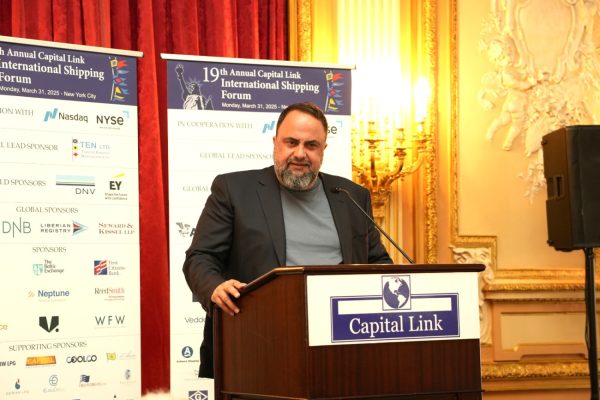
Evangelos Marinakis: A time of change from which shipping can benefit
Speaking at the 19th Annual Capital Link International Shipping Forum Evangelos Marinakis stressed the challenges that shipping faces today

Retail Trade in Greece Up 2.5% in December 2024: ELSTAT
In January 2025, the General Turnover Index recorded a 2.5% increase compared to January 2024. Compared to December 2024, it recorded a significant decline of 18.4%











![Τουρκία: Μεγάλες βλέψεις για παραγωγή ηλεκτρικών οχημάτων [γράφημα]](https://www.ot.gr/wp-content/uploads/2025/03/ot_turkish_autos-90x90.png)











![ΕΛΣΤΑΤ: Αυξήθηκε η οικοδομική δραστηριότητα κατά 15,6% το Δεκέμβριο [πίνακες]](https://www.ot.gr/wp-content/uploads/2025/03/DSC9655-2-1024x569-1-90x90.jpg)





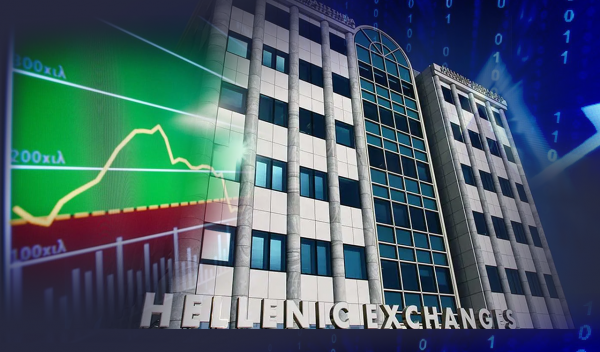


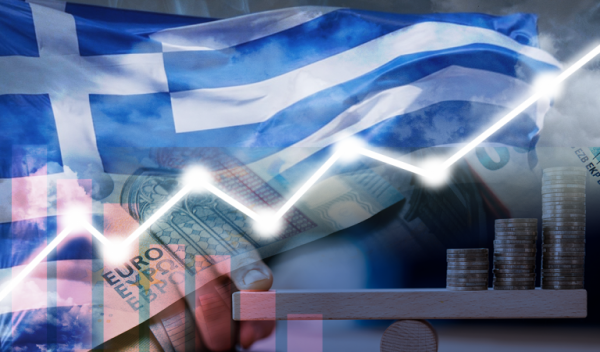
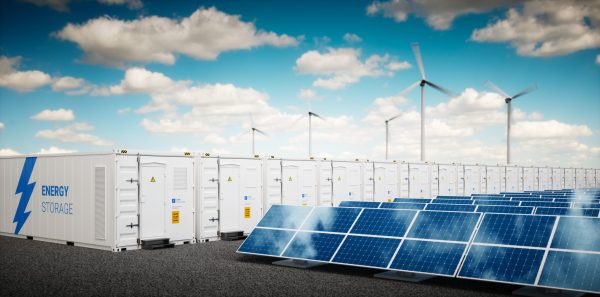



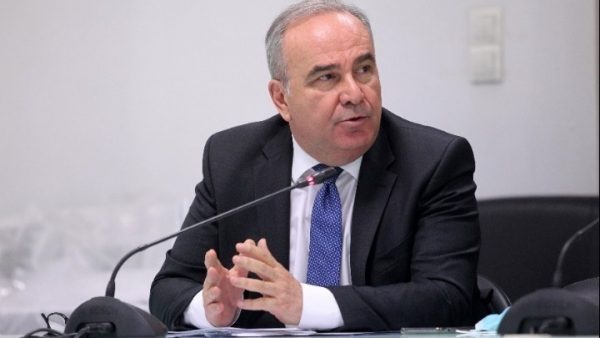



 Αριθμός Πιστοποίησης
Αριθμός Πιστοποίησης